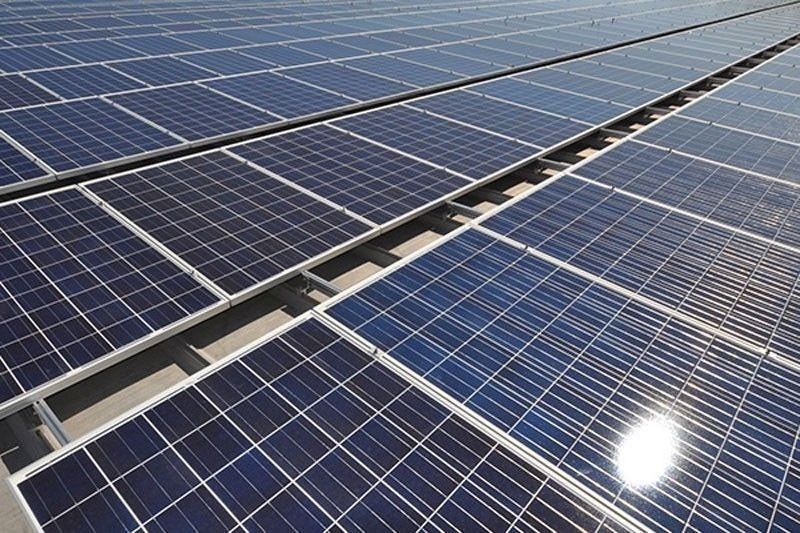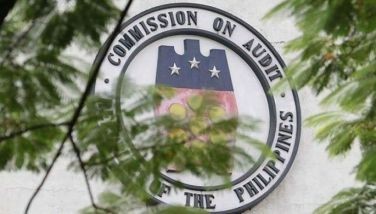Philippine renewable energy capacity boosted by 16%

MANILA, Philippines — The country’s installed renewable energy (RE) capacity has increased by 16 percent this year, underscoring the growing shift toward cleaner and more sustainable energy sources.
The Department of Energy said RE capacity has reached 5,713.3 megawatts (MW) as of end-September, higher than the 4,920.48-MW installed capacity registered at the end of 2019.
There are now a total of 1,079 RE projects as of end-September, out of which 1,025 are for commercial use, while 54 are for private use.
Of the total projects, 556 are hydropower, eight ocean energy, 32 geothermal, 79 wind, 329 solar and 84 biomass.
In terms of the total installed capacity, 5,502 MW is for commercial use, while 210.87-MW is for own use.
DOE data also showed that the projects have a total potential capacity of 30,599.9-MW and a total estimated energy generation of 26.8 million megawatt-hours.
Meanwhile, the DOE reported that there are a total of 44 RE project applications under the RE Act of 2008, with a total potential capacity of 1,478.9 MW.
The figure is higher than the 40 RE project applications, with a potential capacity of 560.24 MW registered as of the end-June.
In 2019, RE only accounted for 20.8 percent of the country’s power generation mix, lower than the 33.9 percent RE share when the RE Act was implemented in 2008.
Of the RE share, 10.1 percent comes from geothermal, 7.6 percent from hydro, 1.2 percent from solar and one percent each for biomass and wind.
National Renewable Energy Board (NREB) chairperson Monalisa Dimalanta said earlier that the country’s target of a 35 percent RE share in the power generation mix by 2030 is still achievable despite RE’s decreasing share over the years, through the implementation of the Renewable Portfolio Standards (RPS).
RPS is a market-based policy that requires power distribution utilities, electric cooperatives, and retail electricity supplies(RES) to source an agreed portion of their energy supply from eligible renewable energy RE facilities.
At present, the RPS level is set at one percent until 2022.
Dimalanta said this should be increased to 2.52 percent moving forward starting from 2023, to help the country achieve its 35 percent target.
The NREB is the advisory board tasked with the effective implementation of RE projects in the country.
- Latest
- Trending






























